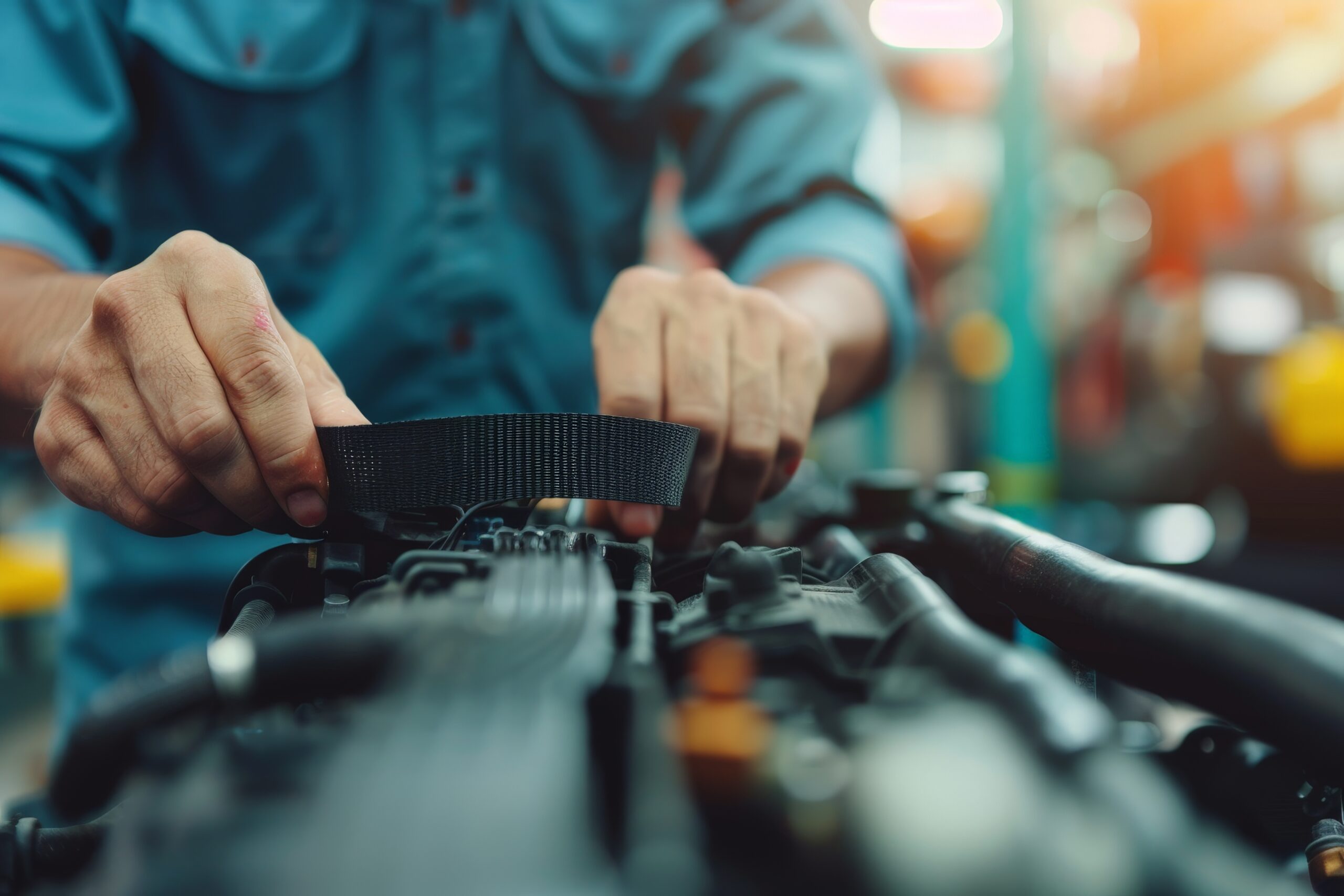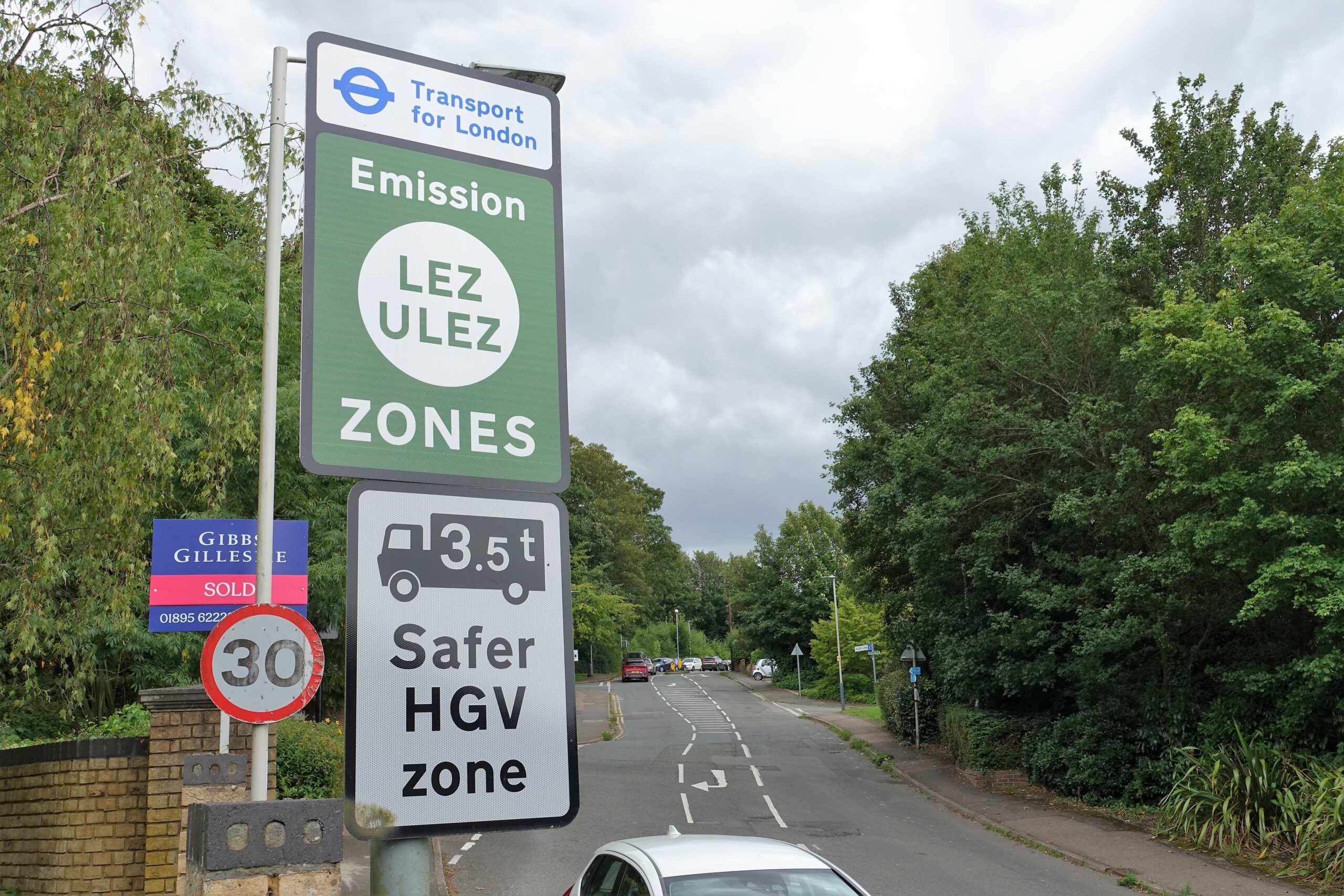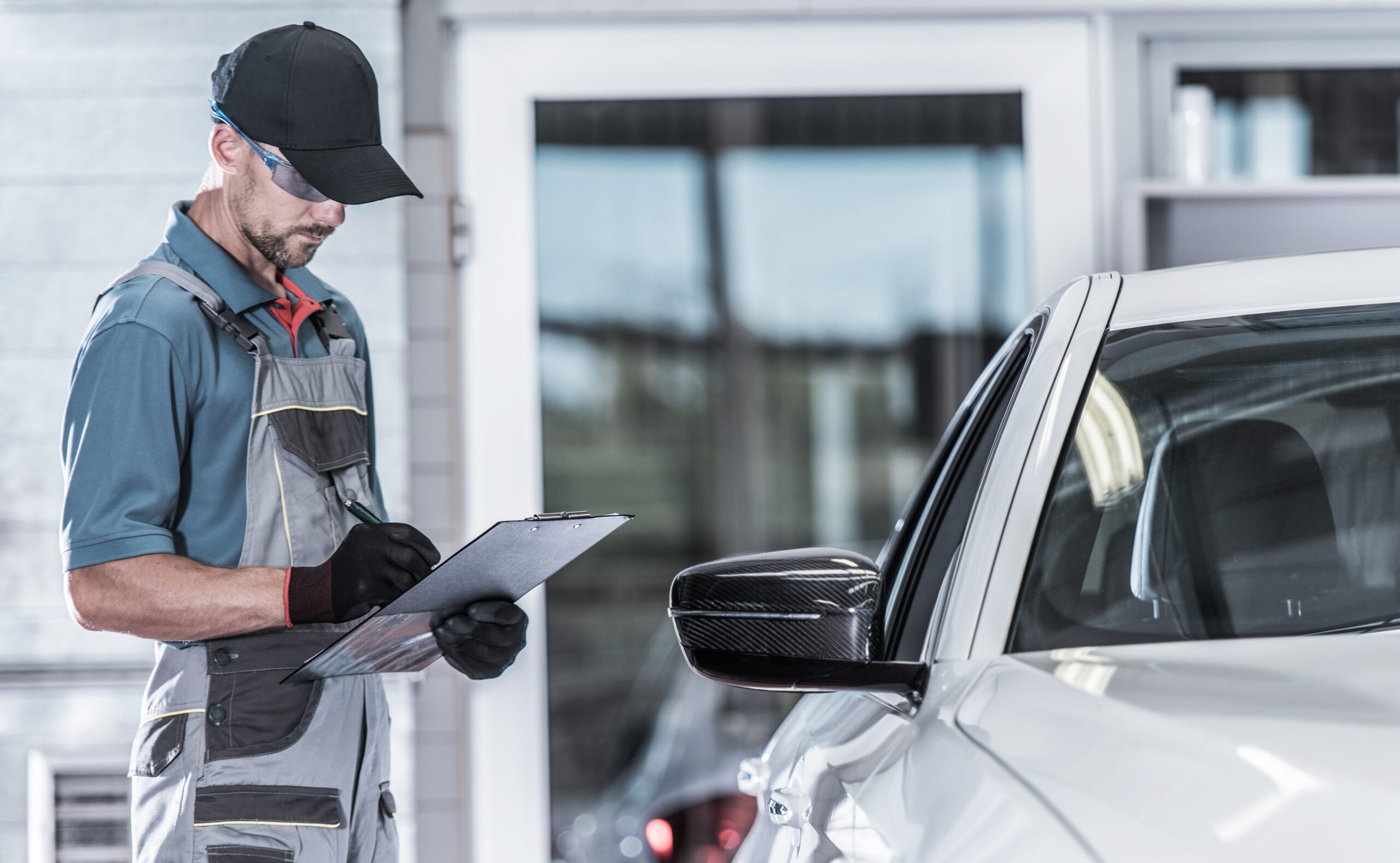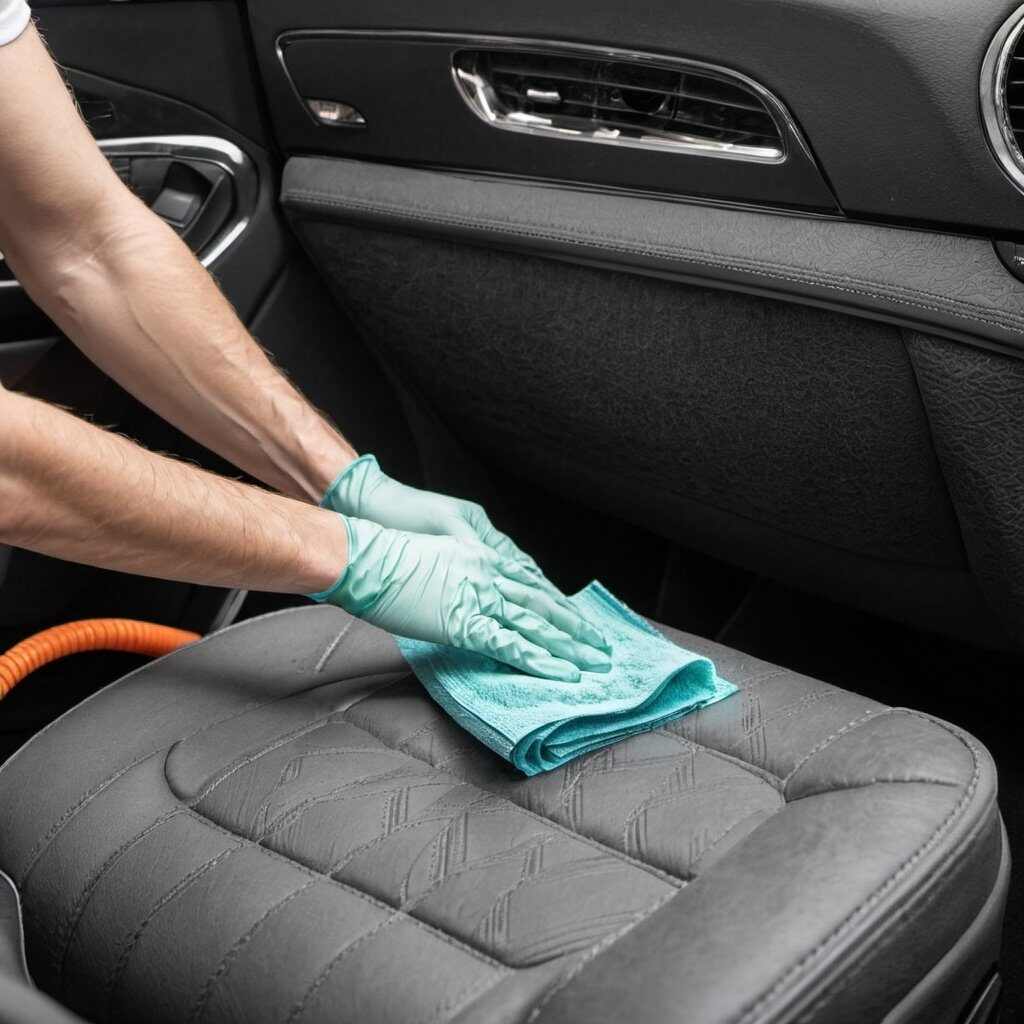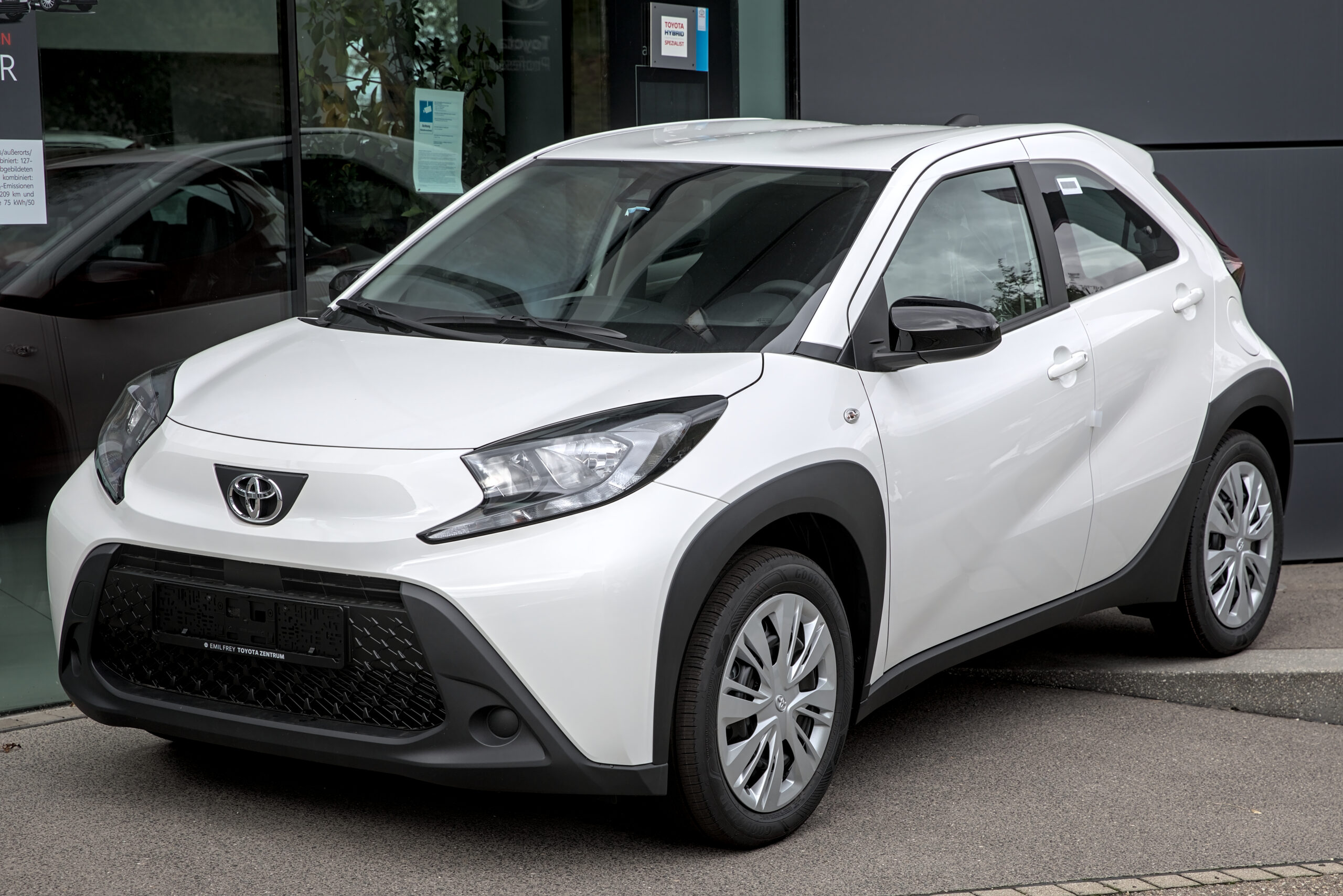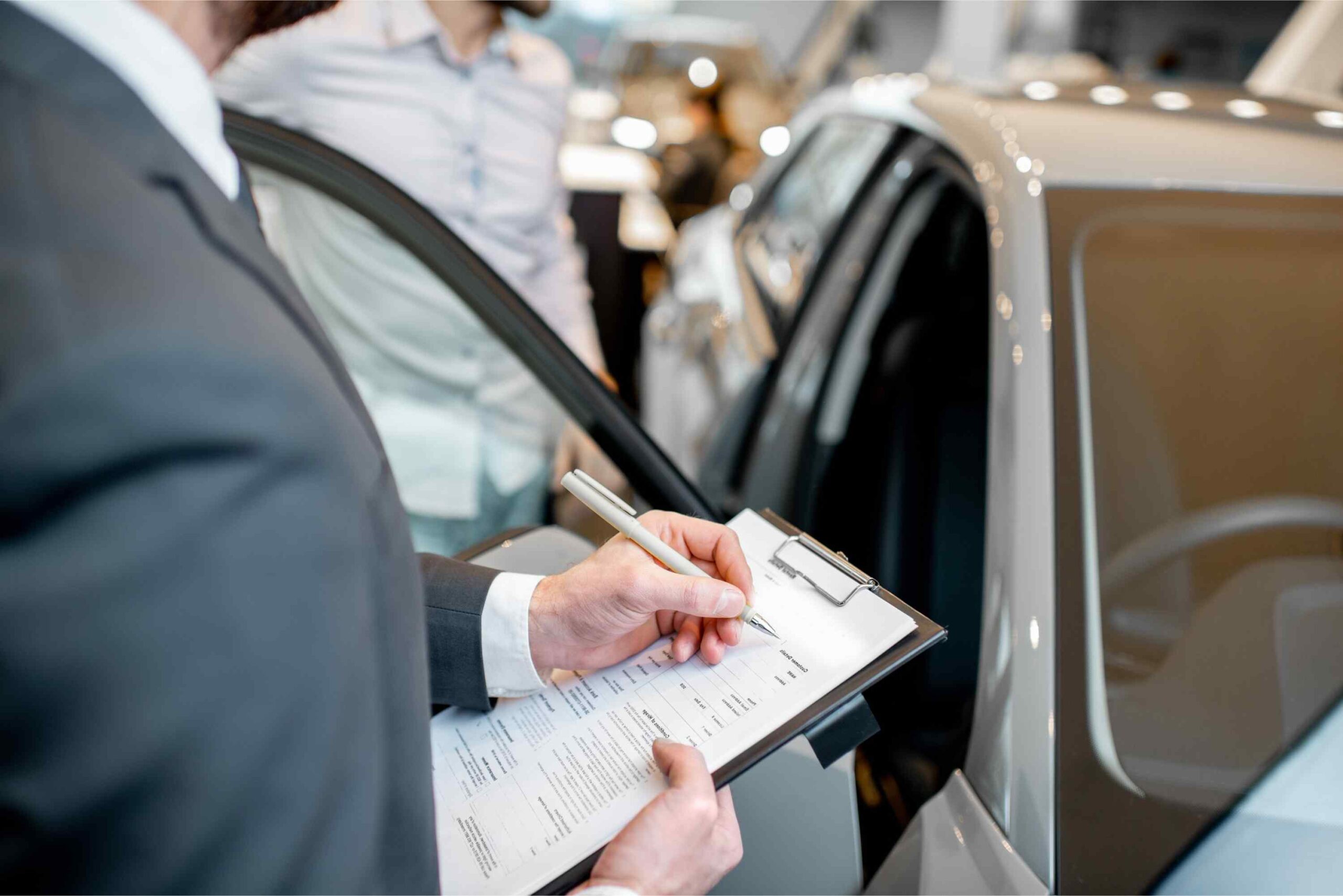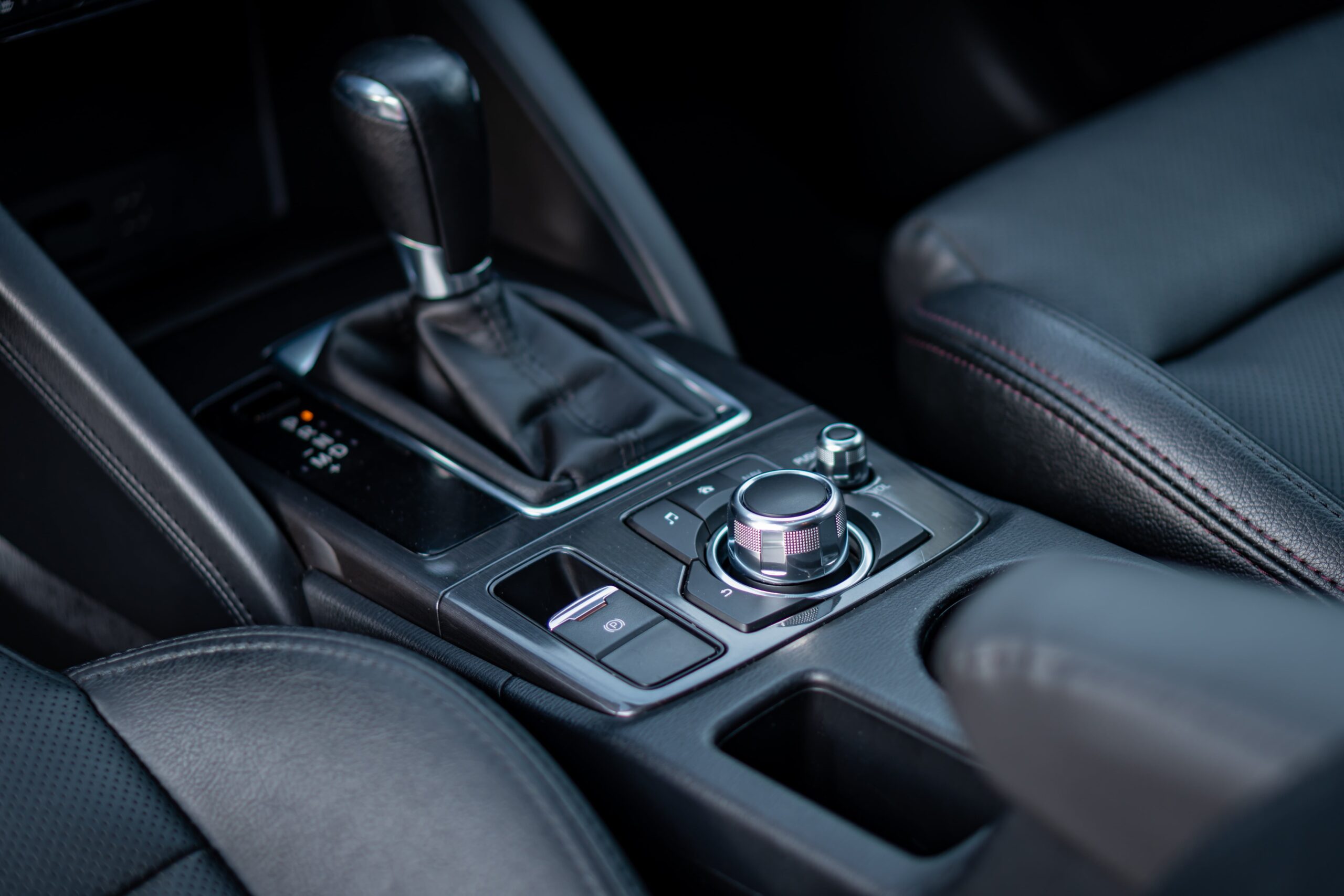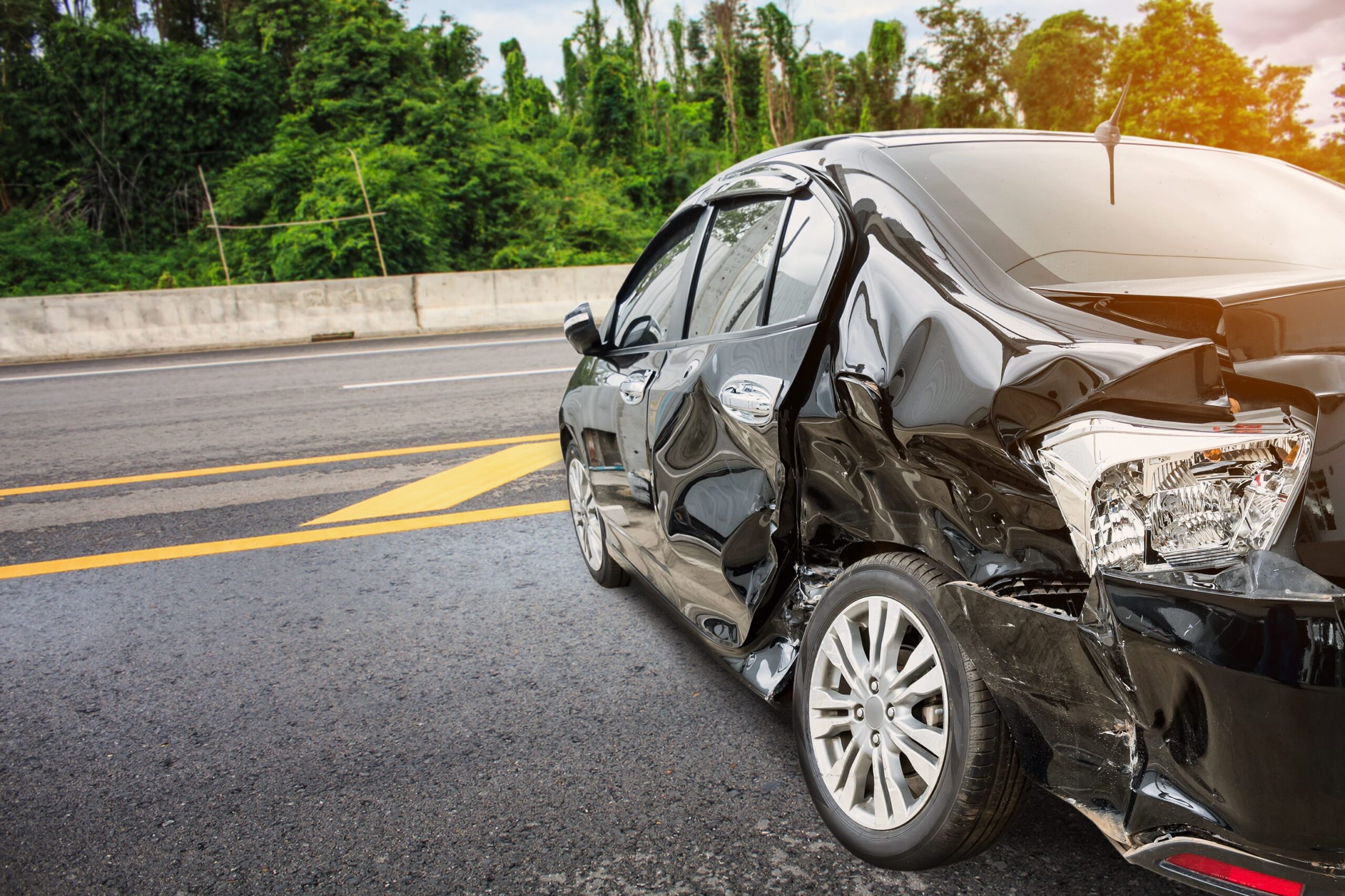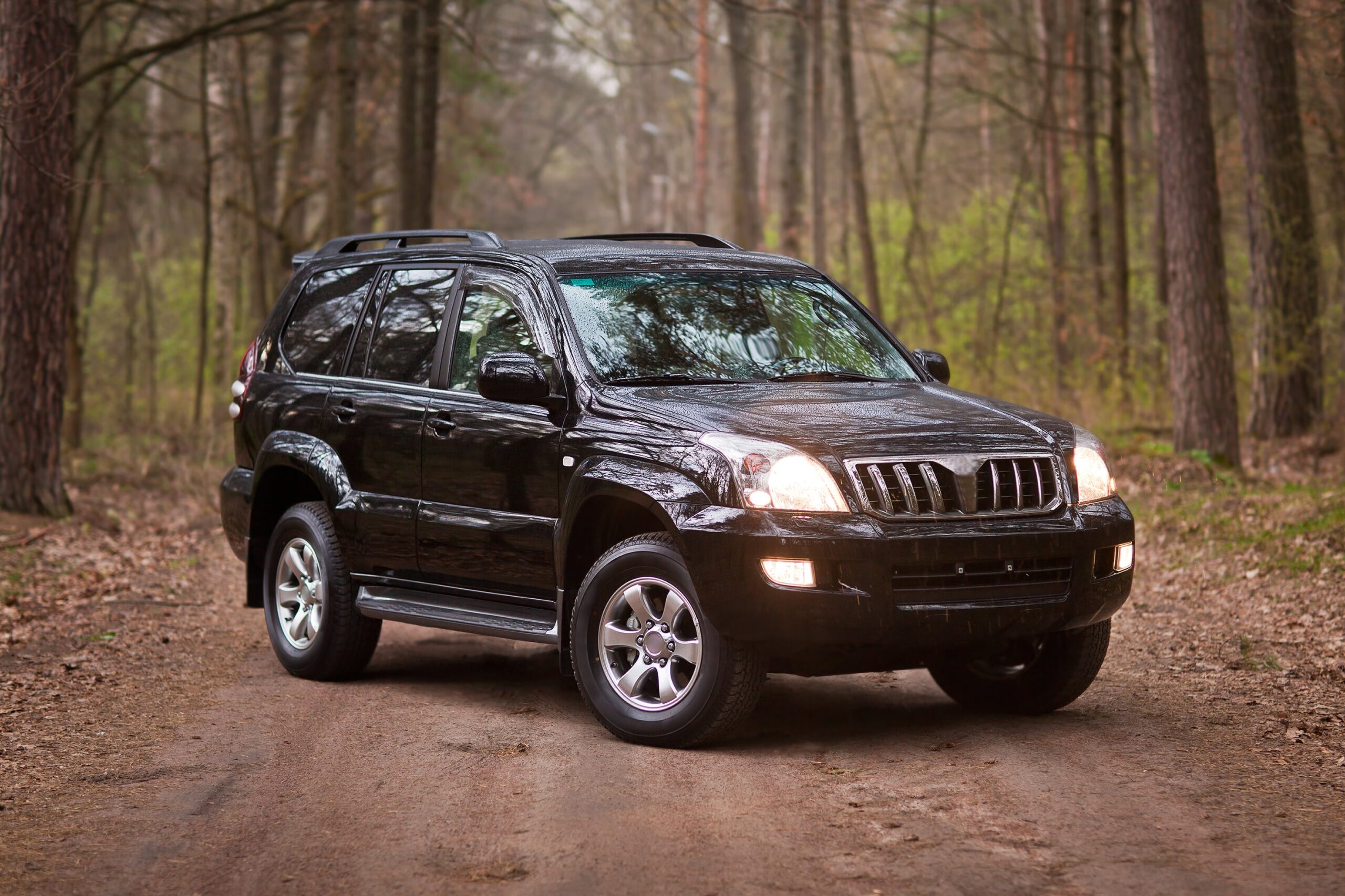
How to Buy a Car: Top Tips for a Successful Purchase
For those without a mechanics or car expertise background, purchasing a new car can be a perplexing experience. Insufficient knowledge about vehicles may lead to unfortunate outcomes when navigating the car shopping process.
Making uninformed decisions could result in overpaying or falling victim to scams. Extensive research is essential for anyone seeking to buy a car to avoid being taken advantage of.
Regrettably, many online articles about buying cars can even add to the confusion.
Many articles are sponsored and biased in favour of specific brands or companies, lacking impartiality. As a buyer, it is crucial to have access to unbiased information that enables informed decision-making.
In this post, we will provide you with comprehensive information about buying a car without endorsing any particular car make or model.
Read on to ensure you secure a favourable deal on your new vehicle.
Finding a Dealership

When you’re in the market for a used car, it’s important to note that a variety of buying options are available to you.
You can choose to purchase from manufacturer-licensed dealerships or reputable used car dealers who offer a range of makes and models.
Licensed dealerships, such as Subaru Dealer, operate under the manufacturer’s accountability, providing buyers with a layer of protection. However, this doesn’t mean independent dealers can’t offer a safe and reliable car buying experience. Many of them maintain high standards of service and transparency, even though they may not specialise in a single make.
Whether you opt for a licensed dealership or an independent dealer, it’s important to do your research.
A simple online search can provide you with a list of dealerships in your area.
Checking customer reviews is also essential when choosing a dealer, as they can provide valuable insights into the car-buying experience with that particular dealership.
Remember, the absence of reviews does not necessarily signify a problem. It could simply mean the dealer has not received any negative feedback from customers.
So, don’t be discouraged by a lack of reviews. The most important thing is to ensure you’re comfortable with the dealer and confident in your purchase.
Defining Specific Needs
Everyone has different needs and budget requirements when buying a car. Before you set out on your search, it’s important to define precisely what kind of car you’re looking for.
The dealer may offer a range of car options, but once you share your budget and requirements, they will customise their recommendations to suit your specific needs.
Here are some considerations when defining your car-buying requirements:
- Vehicle type (sedan, coupe, hatchback etc.)
- Fuel economy
- Engine size and power
- Price range
- Mileage (low or high)
- Safety features and ratings
- Options in colours and interiors
- Warranty options
Remember, if you’re not clear about your preferences, the dealer might try to sell you unsuitable vehicles.
It’s important to assert your preferences so that you don’t end up feeling pressured to buy a car that isn’t right for you. Define your needs clearly to ensure the dealer offers you the most suitable options and to secure the best possible deal.
Consider Car Finance
Purchasing a new car doesn’t always require paying the full cost upfront. Instead, you have the option to pay for it in monthly or yearly instalments.
Car finance has become a common practice nowadays, with many people opting for financing to own their vehicles. However, it’s important to have a good credit history to qualify for financing.

You can easily access your credit history through a credit report service, which not only provides insights into your credit history but also offers guidance on improving your credit score.
Before considering buying a car on finance, it’s crucial to be confident in your ability to make regular monthly repayments. Missing a payment can have a detrimental impact on your credit score and may result in defaults, making it harder to borrow from other lenders in the future.
If your credit score is not satisfactory, you may not be eligible for financing!
To improve your score, follow the instructions provided by the credit report service you are using. Taking steps to enhance your creditworthiness will significantly increase your chances of getting approved for car finance in the future.
Related: Leasing vs. Buying: Why Leasing a Car Might Be a Good Idea
Identifying Mechanical Faults
Once you’ve found a suitable car, it’s time to inspect the vehicle and identify any potential issues.
If you don’t have knowledge of mechanics, it will be challenging to identify potential mechanical issues and failures in a car. In such cases, it’s crucial to find a qualified mechanic or auto technician who can carry out a thorough inspection for you.
A qualified mechanic can evaluate your chosen car, informing you of any current or potential faults in the vehicle. Not only will this help you make an informed decision, but also allow you to negotiate the price if needed.

Alternatively, if you have a friend or family member who is knowledgeable about cars, they can also help you inspect the vehicle.
Take your time when inspecting the car, and don’t be afraid to ask questions.
Isolate any noise, smells or vibrations that might signal a problem. Look for signs of wear and tear on the interior and exterior of the car, checking closely for any rust spots or scratches.
Identifying mechanical faults ahead of time can potentially save you from costly maintenance bills in the future.
Final Thoughts
Buying a car, whether new or used, is a substantial investment and not one to be taken lightly. From finding a reliable dealership and defining your specific needs, to considering finance options and identifying potential mechanical faults, every step should be taken with due diligence.
Remember, the car-buying process isn’t merely about finding a vehicle that catches your eye; it’s about finding a car that suits your lifestyle, meets your needs, and offers value for your money.
Don’t rush the process, take your time, and make sure you’re making the best choice for your circumstances.
FAQ About Buying a Car
Do I Need Car Insurance Before Purchasing a Car in The UK?
No, you do not need car insurance before purchasing a car in the UK. However, it is mandatory to have valid car insurance in place before you drive your new vehicle home after purchase.
What Documents Should I Check When Buying a Used car in The UK?
When purchasing a used car, you should check the vehicle’s V5C logbook, service history, MOT certificate, and any outstanding finance or loan agreements. Additionally, request the car’s vehicle history report to ensure it has not been involved in any accidents or major issues.
Can I Take a Test Drive Before Buying a Car?
Yes, you should always take a test drive before finalising the purchase. It allows you to assess the car’s condition, performance, and comfort. Take the opportunity to drive on different road types to get a comprehensive feel for the vehicle.
What is a HPI Check, and Should I Get One?
A HPI check is a vehicle history check that reveals important information about the car, such as outstanding finance, previous accidents, mileage discrepancies, and whether it’s been stolen or written off. Getting a HPI check is highly recommended to ensure you’re making a safe and informed purchase.
Are There Any Warranties When Buying a Used Car?
Dealers often offer warranties for used cars, providing a certain level of protection against defects or issues that may arise shortly after purchase. However, private sellers usually sell cars without warranties, so it’s essential to conduct thorough checks and inspections.
Can I Return a Car After Purchasing It?
Most dealers offer a cooling-off period to return the car for a refund, but private sellers may not accept returns. If you buy a used car from a dealership and find a fault within 30 days, check the “short-term right to reject” rule in the Consumer Rights Act 2015.
You’ll need to prove the fault existed at the time of purchase, which can be challenging, but you can request a repair or full refund if the fault was pre-existing.
Thoroughly inspect the car upon arrival and obtain written confirmation of any faults or defects.
